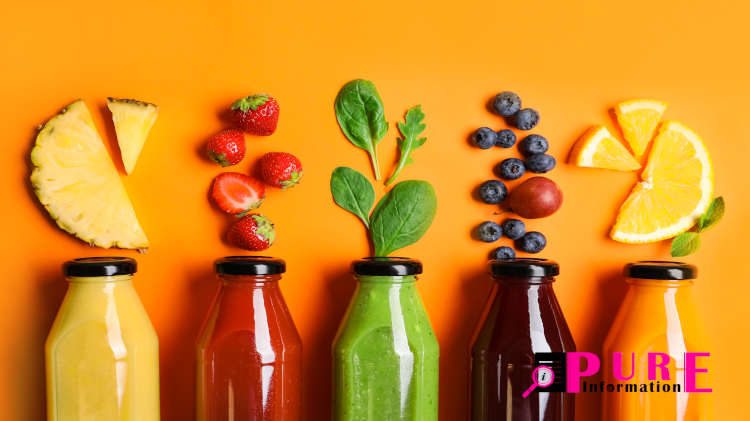What Are the Benefits of a Juice Diet? Should You Use One?
Ever heard of using juice as a way to lose weight? If you have, you’re probably aware of juice diets and the benefits they can have for weight loss. This type of diet comes with a lot of positives but there are also some negatives.
In this article, you will learn all about juice diets and how they can benefit you. You will also find out a few of the downsides of this type of diet.
Table of Contents
The Benefits of Juice Diets
There are many different benefits to juice cleanses, but they can vary widely. For example, it can be a useful tool in resetting your appetite, breaking bad habits, and improving your overall mood. And because you’re replacing solid food with pure juice, you’re also resetting your digestion. You can even combine a juice cleanse with mindfulness meditation or other mind-body practices.
To enjoy the best results from a juice diet, you must be committed to incorporating it into your lifestyle. Doing so will help you to avoid the pitfalls of a juice-only diet. By adding fresh fruit and vegetable juices to your regular diet, you can build on the positive effects of the juice cleanse and strengthen your gut microbiome.
A sapjes dieet can be a helpful tool in resetting your health. It can provide antioxidants, improve your blood sugar, and give you an energy boost. Juicing is a great way to get these nutrients, but it can also come with some downsides.
Juicing can be beneficial if you drink a healthy ratio of fruits and vegetables. Juices can be a good source of vitamins, antioxidants, and other important nutrients. They are also rich in phytochemicals that help to dissolve free radicals in your body. Fruits are high in dietary fibre, and vegetables are typically lower in sugar.
The Downsides of Juice Diets
One of the biggest drawbacks of a juice cleanse is its high sugar content. This can lead to a spike in your blood sugar levels, which may result in moodiness and fatigue. In addition, you might have to supplement your daily intake of calories with liquid calories, which can be tough on your stomach.
Another drawback of a juice cleanse is that it can be expensive, particularly if you have family members who want to try a juice detox as well. Fortunately, there are a few free resources available. The National Eating Disorders Association has a free, low-cost helpline for people suffering from eating disorders.
Juicing is not a substitute for a healthy, balanced diet. If you’re on a juice cleanse, make sure to take in plenty of fibre and protein. Fibre is an essential part of the digestive tract, and it can help to prevent sugar spikes from occurring in your blood. However, you should only replace one or two meals a week with healthy juice.
While a juice cleanse isn’t for everyone, if you’re considering it, do your homework before you start. Some research suggests that juicing can boost your immune system, decrease high blood pressure, and reduce the risk of cardiovascular disease.
When choosing a juice to cleanse, you should also think about the ingredients you put into your juice. Make sure that you are getting a wide variety of fruits and vegetables. Avoid foods with high oxalate content, including spinach, as these can promote kidney stones.
The Takeaway
A juice diet is a great way to lose weight but it will not suit everybody. Make sure you do plenty of research before jumping into this type of diet. If you do go for it, you will find there are many great benefits as mentioned above.


